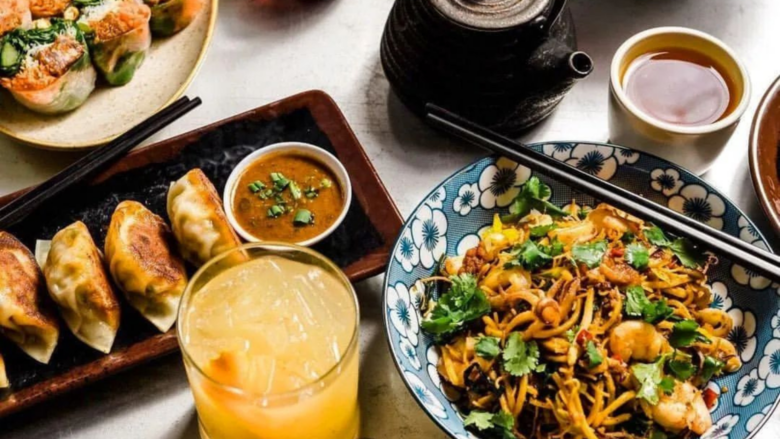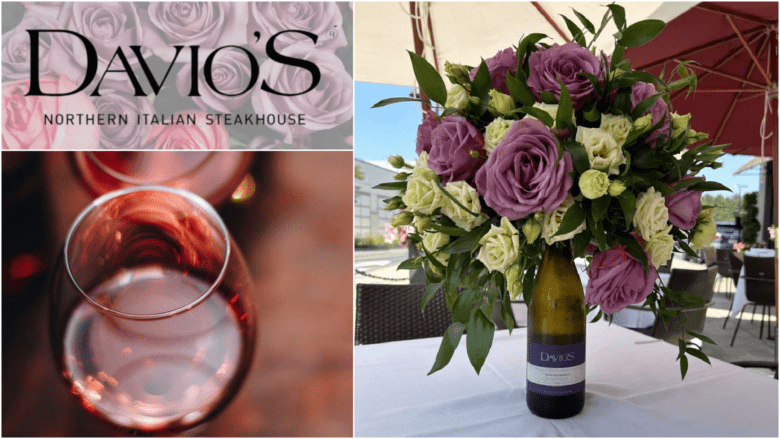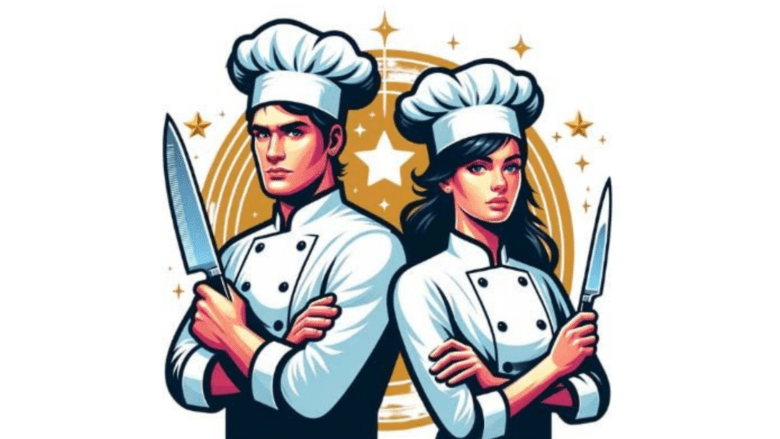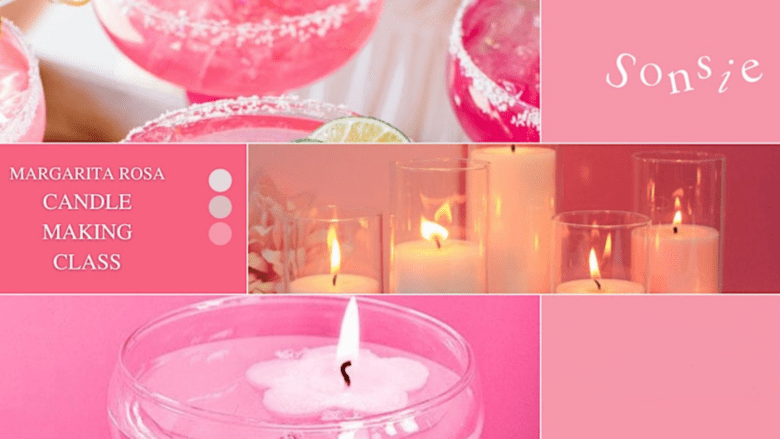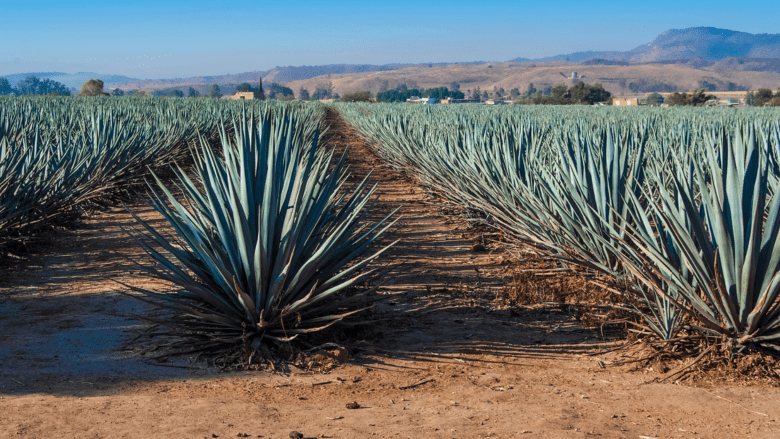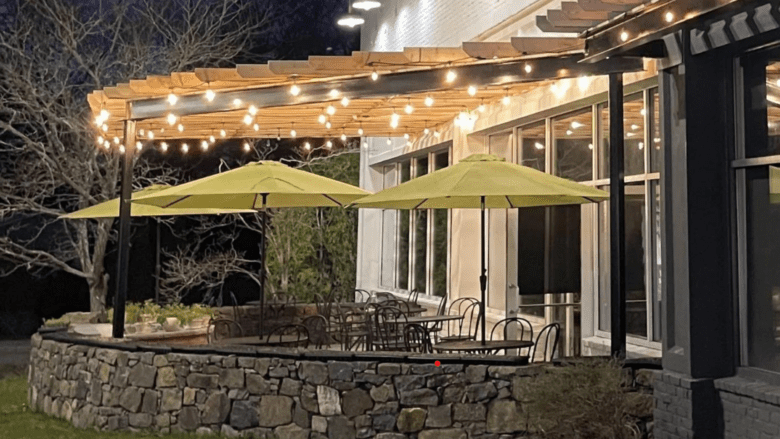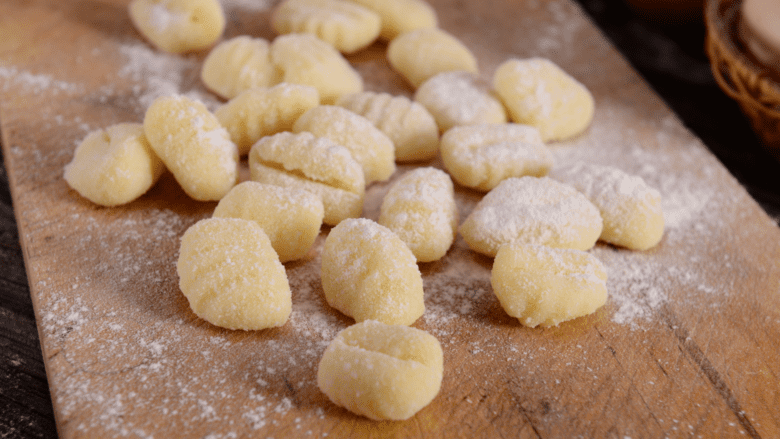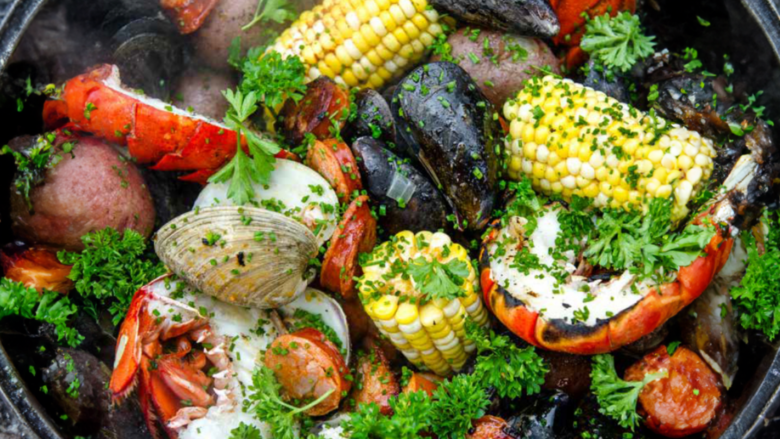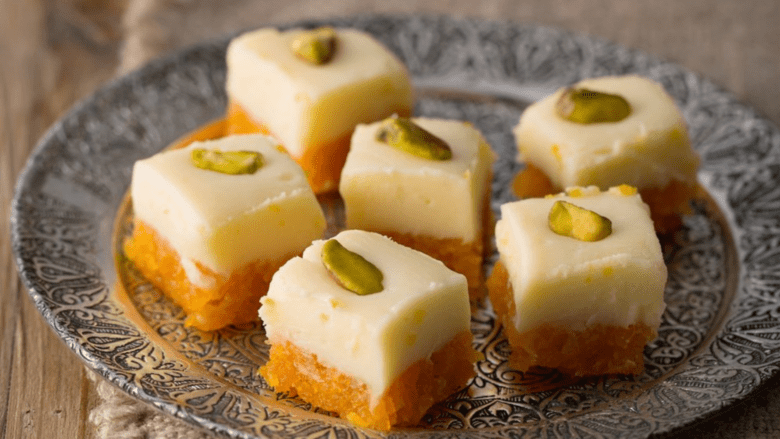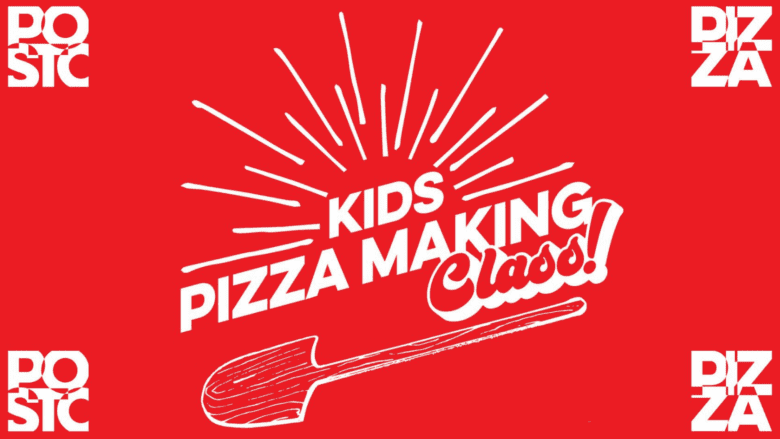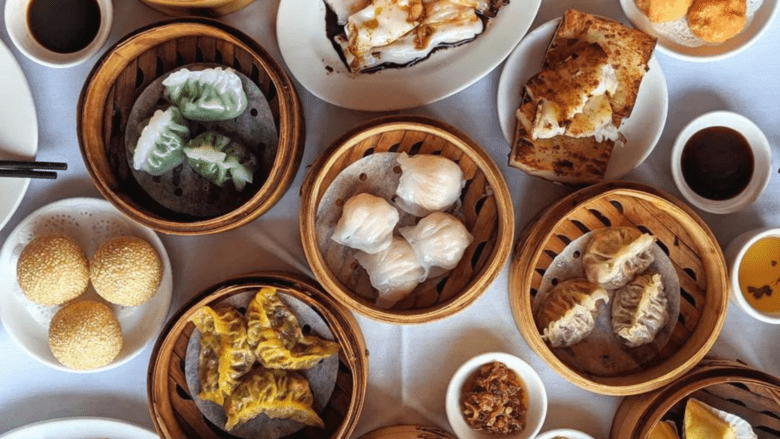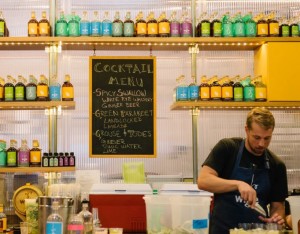 “At one point,” says Wes Shonk, Corporate Bartender at Wigle Whiskey, “Pittsburgh was the whiskey capital of America.” Before its steel mill boom, western Pennsylvania was for whiskey what Boston was for rum. The Monongahela Valley, home to the city of Pittsburgh, even lent its name to a specific variety of rye whose popularity faded in the years after Prohibition. “There are a lot of similarities between Boston and Pittsburgh in terms of distillation history,” says Shonk, “and in terms of modern distilleries trying to bring back the old, forgotten ways. That’s sort of our goal: to bring back the lost tradition—and the taste of place.”
“At one point,” says Wes Shonk, Corporate Bartender at Wigle Whiskey, “Pittsburgh was the whiskey capital of America.” Before its steel mill boom, western Pennsylvania was for whiskey what Boston was for rum. The Monongahela Valley, home to the city of Pittsburgh, even lent its name to a specific variety of rye whose popularity faded in the years after Prohibition. “There are a lot of similarities between Boston and Pittsburgh in terms of distillation history,” says Shonk, “and in terms of modern distilleries trying to bring back the old, forgotten ways. That’s sort of our goal: to bring back the lost tradition—and the taste of place.”
Wigle Whiskey has the distinction of being the first whiskey distillery since Prohibition to make its home in Pittsburgh, a city that once incurred the wrath of President George Washington. (“This is our Drunk History story,” says Shonk.) After having broken ties with the British on account of taxation without representation, the colonial folks in Pennsylvania were less than pleased when treasurer Alexander Hamilton imposed a spirits tax to balance the national budget post-Revolutionary War. One distiller in particular, Philip Wigle, expressed his displeasure in historic terms—“He punched Benjamin Wells, the first federal tax collector sent to western PA. This punch to the face helped spark the Whiskey Rebellion,” a years-long, violent protest against the whiskey tax.
To quell the rowdy rye-makers, President Washington marched 13,000 militia on western Pennsylvania in 1794 and took Philip Wigle, among others, into custody. “It was the only time a sitting president has marched his troops on American citizens,” says Shonk, “if you can imagine the sort of media coverage that would get.” Wigle was sentenced to be hanged, but was pardoned by Washington at the last minute to offset any backlash from the folks of PA. The modern-day whiskey makers take inspiration from Wigle’s story—note the noose logo—and the strong spirits tradition he fought to protect.
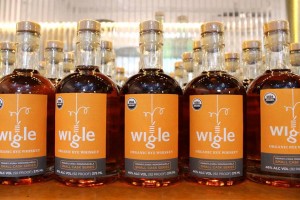 Wigle Whiskey revives the early, rabble-rousing days of Pittsburgh distilling with their Monongahela rye. Sometimes known as Pennsylvania rye, the spirit leans spicier than other northeast regional varieties (like Maryland rye). “Typically, when you say a whiskey is spicy,” explains Shonk, “people think that means it’s going to be hot, that it burns on the way down. This goes down nice and easy—it has a nice winter warming effect—but it also has this up-top, nasal, black pepper character, unlike any other whiskey.” It’s not quite a punch in a tax collector’s face, but the Monongahela rye captures the character of the city, using traditional pot distilling methods and sourcing local, organic grain. “We want ours to taste markedly different from rye coming from Kentucky, Indiana or Canada,” says Shonk.
Wigle Whiskey revives the early, rabble-rousing days of Pittsburgh distilling with their Monongahela rye. Sometimes known as Pennsylvania rye, the spirit leans spicier than other northeast regional varieties (like Maryland rye). “Typically, when you say a whiskey is spicy,” explains Shonk, “people think that means it’s going to be hot, that it burns on the way down. This goes down nice and easy—it has a nice winter warming effect—but it also has this up-top, nasal, black pepper character, unlike any other whiskey.” It’s not quite a punch in a tax collector’s face, but the Monongahela rye captures the character of the city, using traditional pot distilling methods and sourcing local, organic grain. “We want ours to taste markedly different from rye coming from Kentucky, Indiana or Canada,” says Shonk.
Wigle’s bottle lineup runs from bitters to rum to gin, but only a limited selection is currently available in Massachusetts—luckily including the Monongahela. Look for their humorous (wry, even) noose on the shelves at spots like Brix Wine Shop, The Wine and Cheese Cask, Pemberton Farms and more, to partake in the Pittsburgh tradition.



